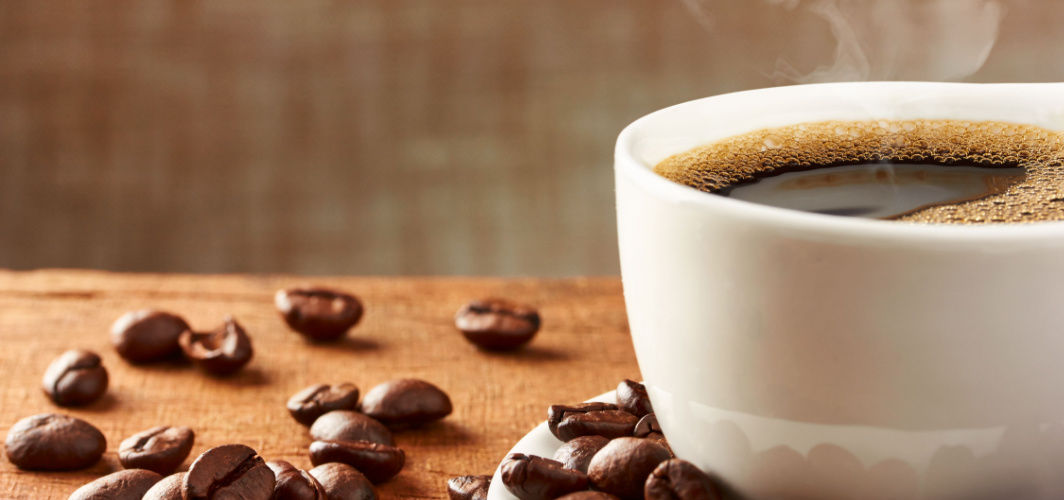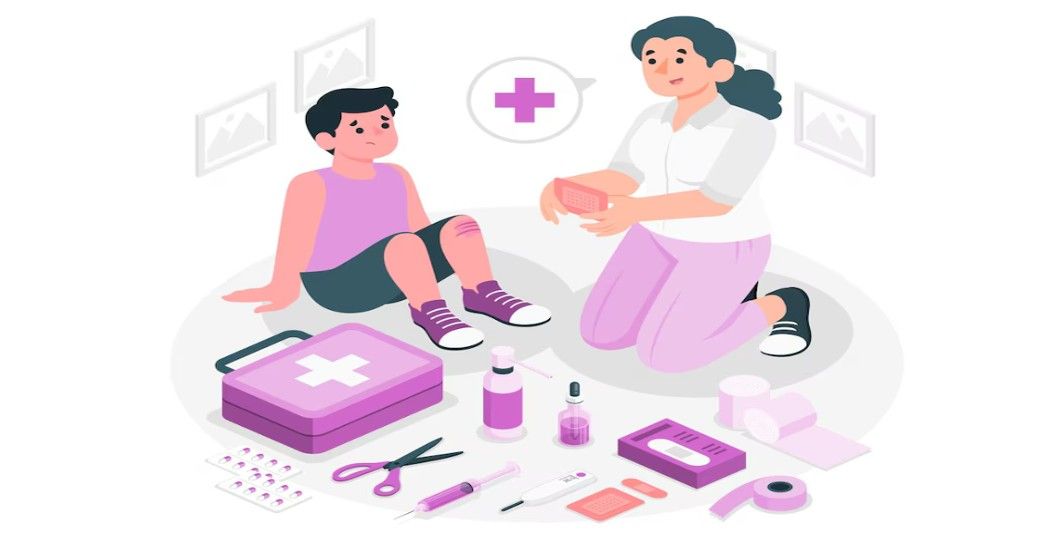Diabetes Management
Can Tea and Coffee be Harmful in Diabetes?
2 min read
By Apollo 24|7, Published on - 25 October 2023
Share this article
0
0 like

Tea and coffee are two of the world’s most consumed beverages. While for some it is a kickstarter to their day, for others it is a guilty pleasure they are not willing to give up. However, for individuals with diabetes, there’s a common concern regarding the benefits and risks associated.
In this article, we'll explore the impact of tea and coffee on diabetes and whether they can be a part of a diabetes-friendly diet.
How does caffeine influence blood sugar?
Emerging research suggests that the response to caffeine differs for those with type 2 diabetes. Caffeine has been linked to increased blood sugar and insulin levels in this population. In one study, individuals with type 2 diabetes took a 250-milligram caffeine pill with breakfast and another with lunch, roughly equivalent to two cups of coffee per meal. The result was an 8% increase in blood sugar compared to caffeine-free days, with blood sugar surging further after meals.
Caffeine's influence stems from its impact on insulin, the hormone responsible for regulating sugar uptake into cells for energy. It may reduce insulin sensitivity, causing cells to be less responsive to insulin. Consequently, less sugar is absorbed from the bloodstream after meals, prompting the body to produce more insulin, resulting in elevated post-meal insulin levels.
For those with type 2 diabetes, who already experience reduced insulin efficiency, caffeine exacerbates this condition. It becomes more challenging to maintain healthy blood sugar levels, potentially raising the risk of diabetes complications, such as nerve damage and heart disease.
Why does caffeine impact insulin sensitivity?
Scientists are continually unravelling how caffeine affects insulin and blood sugar. They propose several mechanisms:
- Stress Hormones: Caffeine elevates stress hormones like epinephrine (adrenaline), which can hinder sugar processing by cells and limit insulin production.
- Adenosine Blockage: Caffeine blocks adenosine, a molecule involved in insulin production and cellular response to it.
- Sleep Disruption: Excessive caffeine intake can lead to sleep disturbances, which may further reduce insulin sensitivity.
Determining the right amount of caffeine
It takes as little as 200 milligrams of caffeine to impact blood sugar. This equates to one or two cups of brewed coffee or three to four cups of black tea. However, individual responses to caffeine can vary based on factors such as age and weight.
Consistency in caffeine consumption also plays a role. Regular coffee drinkers with diabetes do not necessarily experience higher blood sugar levels. Some experts suggest that the body may adapt to habitual caffeine intake over time. Nevertheless, for some individuals, caffeine could still lead to blood sugar spikes, even if they start their day with a cup of coffee.
To gauge how caffeine affects your blood sugar, you should consult a healthcare professional.
Conclusion
For those who are already managing type 2 diabetes, coffee's caffeine content may present challenges in controlling blood sugar levels. If your blood sugar surges following your morning coffee, switching to decaffeinated options might be worth considering.
Diabetes Management
Consult Top Diabetologists
View AllLeave Comment
Recommended for you
.jpg?tr=q-80)
Diabetes Management
Impact of Digital Detox on Diabetes Stress Levels
Reducing screen time could have surprising benefits for individuals with diabetes. Digital detoxes can help manage stress levels, improve sleep quality, enhance focus and productivity, and foster better social interactions, all of which contribute to improved overall well-being and better management of diabetes symptoms. Consider exploring the numerous benefits a digital detox could offer in your journey to healthier living with diabetes. Consider enrolling in the Apollo Super 6 Programme as well to receive lifelong support with diabetes management.

Diabetes Management
Mindful Wound Care for Diabetic Individuals
Slow wound healing can be a significant challenge for diabetics, but the right care can change this. Some ways to promote healing include regular foot checks, maintaining optimal blood sugar levels, proper wound cleaning and dressing, relieving pressure on wounds, and seeking medical attention.

Diabetes Management
Diabetes And Endurance Sports: Training Tips
For individuals with diabetes, endurance sports don't have to be off-limits. You can enjoy these activities by regularly monitoring blood sugar levels, maintaining a consistent training routine, and making smart nutrition choices while keeping your health intact. Wear a medical ID and inform someone before your workout session that you are a diabetic, which helps to manage hypoglycemia. Adjust insulin doses under medical supervision and carry glucose for emergencies for safety.
Subscribe
Sign up for our free Health Library Daily Newsletter
Get doctor-approved health tips, news, and more.
Visual Stories

8 Fruits That are Incredibly Healthy for Diabetes
Tap to continue exploring
Recommended for you
.jpg?tr=q-80)
Diabetes Management
Impact of Digital Detox on Diabetes Stress Levels
Reducing screen time could have surprising benefits for individuals with diabetes. Digital detoxes can help manage stress levels, improve sleep quality, enhance focus and productivity, and foster better social interactions, all of which contribute to improved overall well-being and better management of diabetes symptoms. Consider exploring the numerous benefits a digital detox could offer in your journey to healthier living with diabetes. Consider enrolling in the Apollo Super 6 Programme as well to receive lifelong support with diabetes management.

Diabetes Management
Mindful Wound Care for Diabetic Individuals
Slow wound healing can be a significant challenge for diabetics, but the right care can change this. Some ways to promote healing include regular foot checks, maintaining optimal blood sugar levels, proper wound cleaning and dressing, relieving pressure on wounds, and seeking medical attention.

Diabetes Management
Diabetes And Endurance Sports: Training Tips
For individuals with diabetes, endurance sports don't have to be off-limits. You can enjoy these activities by regularly monitoring blood sugar levels, maintaining a consistent training routine, and making smart nutrition choices while keeping your health intact. Wear a medical ID and inform someone before your workout session that you are a diabetic, which helps to manage hypoglycemia. Adjust insulin doses under medical supervision and carry glucose for emergencies for safety.
